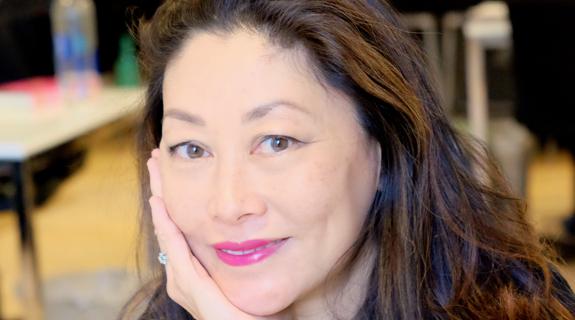Last fall, when my team commenced an in-depth analysis of the changing cultural relevance of the TV news industry, we never set out to see the future.
We anticipated the fall of the anchorman’s credibility. But we never dreamed Brian Williams would topple first.

We identified as problematic the cozy, clubby relationships between TV news gatherers and the politicians they covered. But we had no inkling that George Stephanopoulos had written that check.

And we called out the growing cultural authority of rogue news outlets like Vice and neo-journalists like John Oliver. Many traditional TV journalists told us we were wrong – until they could no longer ignore their influence.

My point here is not to brag, or even #humblebrag. My point is: why is it taking so long for the TV news industry to see (or hear) that change is coming?
To answer that, we should step back to the early days of news media, when the postwar transition created a potent and singular authority in the 6:30 p.m. newscast (5:30 central time, of course).
Dinner times across the country were dictated by the start and end of the evening newscast. At my home in Houston, Walter Cronkite had a seat at the table every night. The rhythm of our daily lives was punctuated by the startling facts of human existence, and as a nation we looked to our father-figure anchormen to gives us cues on how to live, how to grieve, how to be outraged, how to wonder.

News is still an incredibly important part of our culture, whether you’re getting it on your smartphone or at the gas station. Today, the digital explosion has given us access to an infinite array of voices from all over the world, and every station in life. The notion that news should be unbiased has been disproven by the success of partisan cable networks. Corporate agendas can’t help but steer news content to anodyne cross-promotions (at best) and dangerously convenient foreign policy coverage (at worst). Thanks to the quest for eyeballs, the TV news business is more business than news today.
And in an attempt to monetize its sway, TV newscasters found that fear-mongering drives ratings. So today, “what works” is a predictable litany of scare tactics designed to attract pharmaceutical companies who can cash in on the older, but highly lucrative, traditional news viewer.
Recent 6:30 p.m. broadcasts have spotlighted train crashes, horrific weather, racial injustice, and political instability – all important and noteworthy topics, for sure. But rarely is the tone of these stories anything but alarming and without any actionable takeaway – it’s no wonder viewers find the news depressing. Today, when the quest for ratings drives the editorial direction of the news, the integrity of the operation comes into question. Is the point to serve the public trust – or make money?
It’s entirely possible to reframe unsettling stories in a constructive light: reporting on the devastating destruction of a tornado could focus equally on how the survivors made it out unharmed – possibly saving lives the next time. Political scandals, rather than further eroding faith in the institution, could be a call for reform and driving voter turnout (which, as we saw in the midterms, is sorely hurting). News anchors, instead of being hired for their camera-readiness and Q scores, can be credible, experienced journalists and advocates for viewers.
The role of news is to help make sense of the world and give us tools for living in it. To help us navigate life through understanding and knowledge so we can make progress as a society. To take us on a journey that makes us better together. And use every available technology to create immersive experiences that don’t just tell, but help us think.
For TV news to live up to that potential, it must be biased towards change. It must recognize that new, different voices and platforms mean more competition – but they also mean viewers are no longer captive audiences. They’re now free to explore. To be relevant for the next generation, TV news must do the same.
Hear more from Ong at Station Summit this week at the Mirage in Las Vegas.

TruthCo. is a cultural branding and insights company, headed by CEO Linda Ong (pictured in top image), that analyzes the current cultural landscape to deliver actionable recommendations that keep entertainment brands and their offerings relevant.
Tags:













































__twocolumncontent.jpg)











